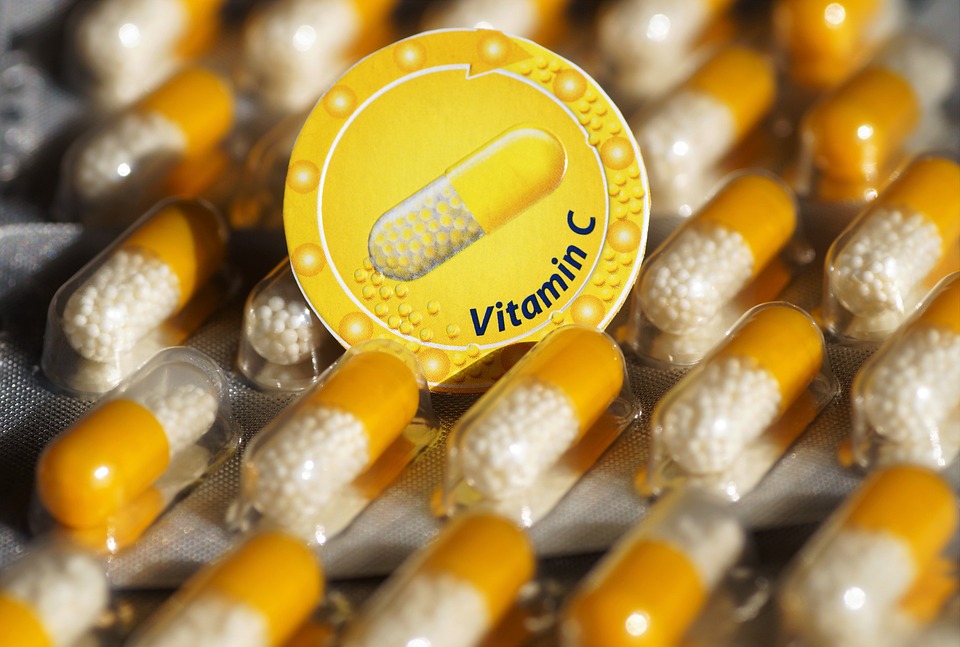The Role of Iron in Muscle Function and Performance: Why You Need to Pay Attention
Iron is an essential nutrient that plays a crucial role in various bodily functions, including muscle function and performance. As a vital component of hemoglobin, iron helps transport oxygen to muscles, enabling them to function optimally. However, many individuals, especially athletes and fitness enthusiasts, often overlook the importance of iron in their diet and training routine. In this article, we’ll explore the role of iron in muscle function and performance, and why it’s essential to pay attention to your iron levels.
The Importance of Iron in Muscle Function
Iron is a critical component of myoglobin, a protein found in muscle tissue. Myoglobin stores oxygen in muscles, allowing them to function efficiently during exercise. When iron is present in adequate amounts, it enables muscles to:
- Generate energy: Iron helps convert carbohydrates, fats, and proteins into energy, which is essential for muscle contractions.
- Regulate muscle contractions: Iron plays a role in the regulation of muscle contractions, ensuring that muscles work efficiently and effectively.
- Prevent fatigue: Iron helps prevent muscle fatigue by maintaining optimal oxygen levels in muscles, allowing them to perform at their best.
The Impact of Iron Deficiency on Muscle Function
Iron deficiency, also known as iron deficiency anemia, can have a significant impact on muscle function and performance. When iron levels are low, muscles may experience:
- Fatigue: Iron deficiency can lead to fatigue, weakness, and decreased endurance, making it challenging to perform daily activities, let alone exercise.
- Reduced strength: Iron deficiency can result in reduced muscle strength, making it difficult to lift weights, perform exercises, or engage in physical activities.
- Decreased power: Iron deficiency can also lead to decreased muscle power, making it challenging to generate force and speed during exercise.
Why Athletes and Fitness Enthusiasts Need to Pay Attention to Iron
Athletes and fitness enthusiasts are particularly susceptible to iron deficiency due to their high energy demands and intense training regimens. Iron deficiency can have a significant impact on their performance, leading to:
- Decreased performance: Iron deficiency can result in decreased athletic performance, including reduced endurance, strength, and power.
- Increased risk of injury: Iron deficiency can increase the risk of injury, as muscles may be more prone to fatigue and strain.
- Reduced recovery: Iron deficiency can also impede recovery, making it challenging to bounce back from intense exercise or competition.
How to Ensure Adequate Iron Intake
To ensure adequate iron intake, athletes and fitness enthusiasts should:
- Consume iron-rich foods: Include iron-rich foods in their diet, such as red meat, poultry, fish, beans, lentils, and fortified cereals.
- Supplement with iron: Consider taking an iron supplement, especially if they are vegetarian or vegan, or if they have a high iron requirement.
- Monitor iron levels: Regularly monitor iron levels through blood tests to ensure they are within a healthy range.
Conclusion
Iron plays a critical role in muscle function and performance, and its deficiency can have a significant impact on athletic performance and overall health. Athletes and fitness enthusiasts should prioritize iron intake through a balanced diet and consider supplementation if necessary. By paying attention to iron levels and ensuring adequate intake, individuals can optimize their muscle function, performance, and overall well-being.




GIPHY App Key not set. Please check settings